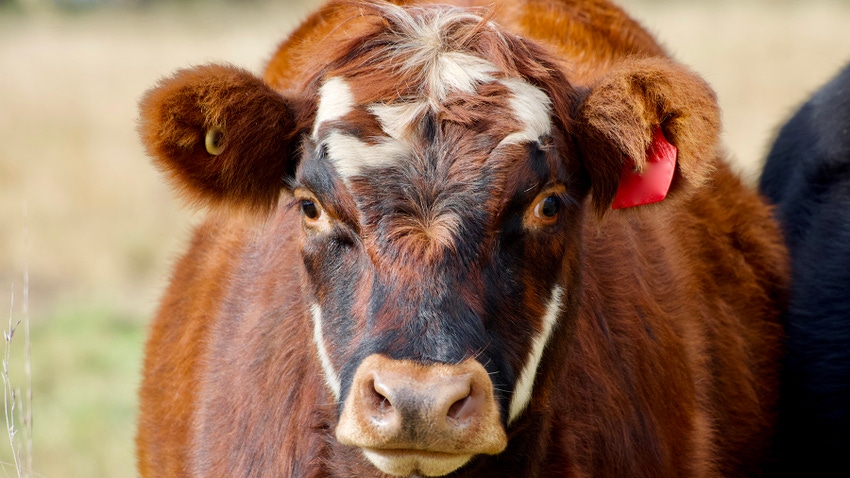
The National Cattleman’s Beef Association submitted comments in response to a proposed USDA rule governing the use of electronic ear tags on cattle and bison. NCBA officials say their comments emphasize the importance of electronic animal identification, or EIDs, in protecting the cattle industry from foreign animal diseases
On Jan. 18, USDA issued a proposed rule for using electronic ear tags as official identification in cattle and bison. The rule would apply to animals 18 months old and older.
Under the proposal, ear tags would need to be both visually and electronically readable. The rule would also establish record retention and access requirements. Those requirements are intended to enhance the ability of government officials, veterinarians and livestock producers to quickly respond to high-impact diseases.
“An outbreak of a foreign animal disease in the United States, like foot-and-mouth disease, would be catastrophic to the cattle industry and our way of life,” NCBA President Todd Wilkinson says. “Traceability is about risk protection and ensuring we have the tools to quickly identify and respond to an outbreak while strengthening consumer trust in our high-quality beef. Our comments emphasize the importance of protecting the U.S. cattle herd from the threat of a foreign animal disease while also protecting producers’ private data, limiting the cost of tagging devices, and operating at the speed of commerce.”
In their comments, NCBA officials say they agree with the over-arching benefits of rapid and effective animal disease tracing using EIDs. NCBA also concurs with USDA’s proposed timeline that would see the rule go into effect as early as the first quarter of 2024. Additionally, the association supports extending voluntary EIDs to all cattle classes by 2026.
NCBA would like to modify some reporting requirements to keep cattle identification information confidential and strongly protected from disclosures. Many are concerned that personal information in federal, state and tribal databases could be released by Freedom of Information Act requests. Instead, NCBA suggests using a private independent database collaborator to insure the disease traceability system’s privacy and integrity.
About the Author(s)
You May Also Like






